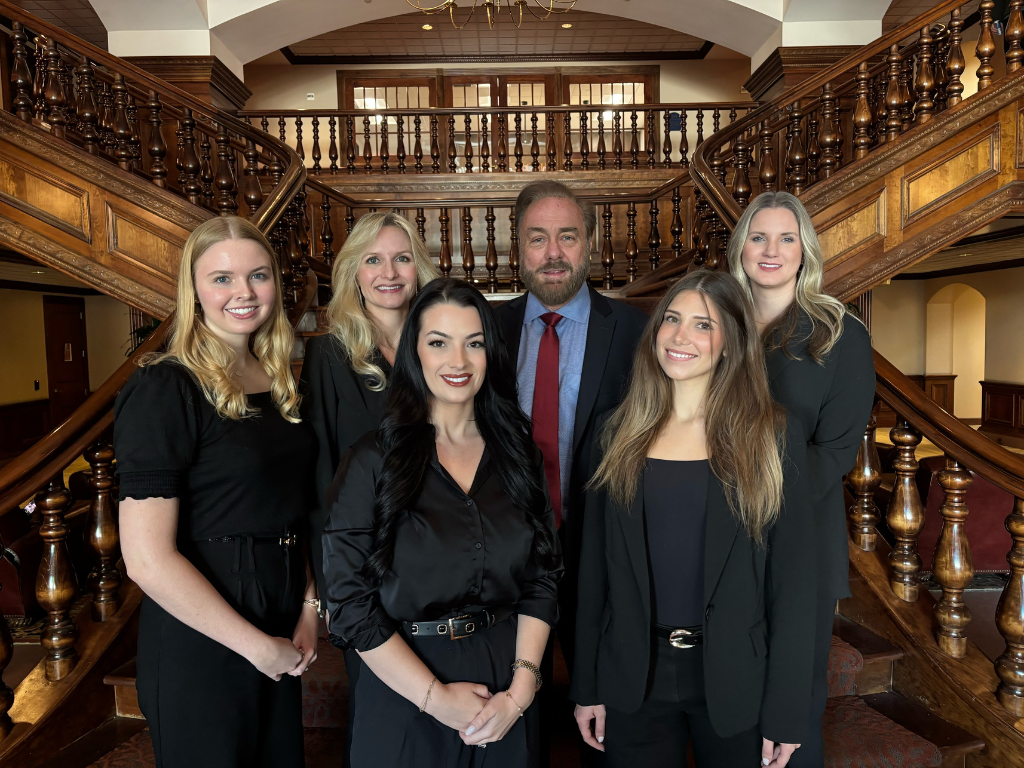Before a bankruptcy attorney brings a suit within a bankruptcy case, the bankruptcy attorney must first ascertain whether “the action at issue stems from the bankruptcy itself or would necessarily be resolved in the claims allowance process.” Stern v. Marshall, 131 S. Ct. 2594, 2618 (2011). Section 157(b)(1) authorizes a bankruptcy court to “hear and determine all cases under title 11 and all core proceedings arising under title 11, or arising in a case under title 11.” However, the Supreme Court, in Stern v. Marshall, held that it is unconstitutional for a bankruptcy court to resolve a state common law claim and that “Congress may not vest in a non-Article III court the power to adjudicate, render final judgment, and issue binding orders in a traditional contract [or tort] action arising under state law, without consent of the litigants, and subject only to ordinary appellate review.” Id. at 2615.
Even if the estate has a claim against a creditor, who filed a proof of claim in the bankruptcy proceedings, the bankruptcy court still does not have power to adjudicate the claim. For example, in Stern v. Marshall, the debtor’s stepson initiated a defamation claim against the estate, and the debtor filed a counterclaim that was based on state common law. The Supreme Court explained that “there was never any reason to believe that the process of adjudicating [the stepson’s] proof of claim would necessarily resolve [the debtor’s] counterclaim.” Id. at 2617. Therefore, a creditor cannot consent to a bankruptcy court’s adjudication of a claim that is not resolved in the process of ruling on a creditor’s proof of claim.
